Publications
Articles, publications, books, tools and multimedia features from the U.S. Institute of Peace provide the latest news, analysis, research findings, practitioner guides and reports, all related to the conflict zones and issues that are at the center of the Institute’s work to prevent and reduce violent conflict.

Amb. Bill Taylor on Ukraine’s Presidential Elections
Following his election observation, Taylor discusses Volodymyr Zelenskiy’s victory and how he can build support at home and abroad. “The president-elect is already getting a lot of support from the international community,” and if he implements the pro-Western policies he advocated during the campaign the U.S. will continue to strengthen bilateral ties, says Taylor.

Susan Stigant on the Turmoil in Sudan
The overthrow of longtime dictator Omar al-Bashir could have important implications for Sudan and the broader region, says Susan Stigant. “What we see in Sudan at the moment isn’t just about what’s ha
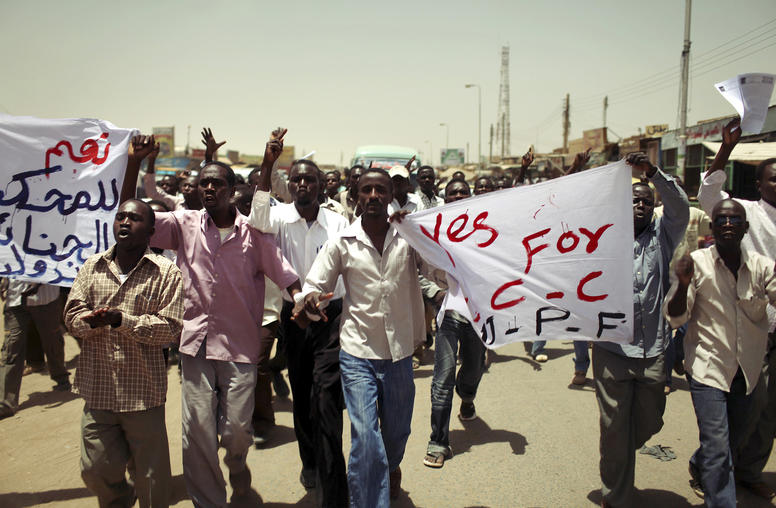
After Bashir, A New Dawn in Sudan? (Part 1)
Longtime Sudanese dictator Omar al-Bashir was ousted last Thursday, 30 years after he took power in the same fashion he was overthrown: by a military coup. The military takeover was spurred by months of popular protests over rising food prices, economic mismanagement and demands...
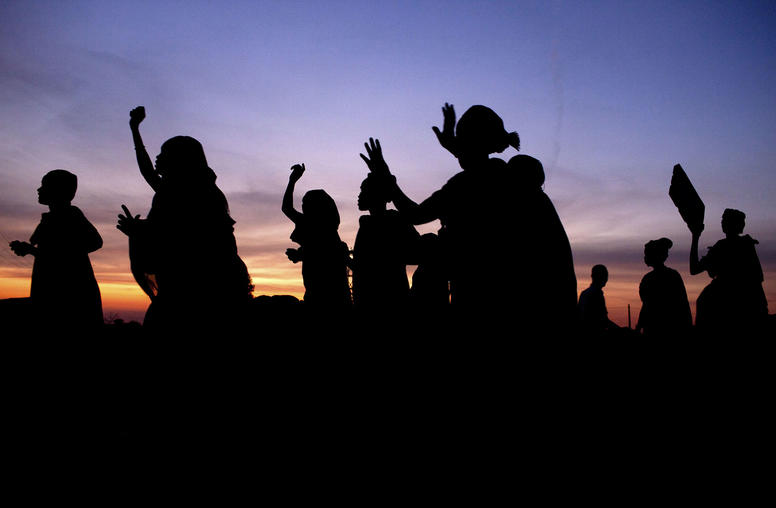
After Bashir, A New Dawn in Sudan? (Part 2)
Longtime Sudanese dictator Omar al-Bashir was ousted last Thursday, 30 years after he took power in the same fashion he was overthrown: by a military coup. The military takeover was spurred by months of popular protests over rising food prices, economic mismanagement and demands for a...
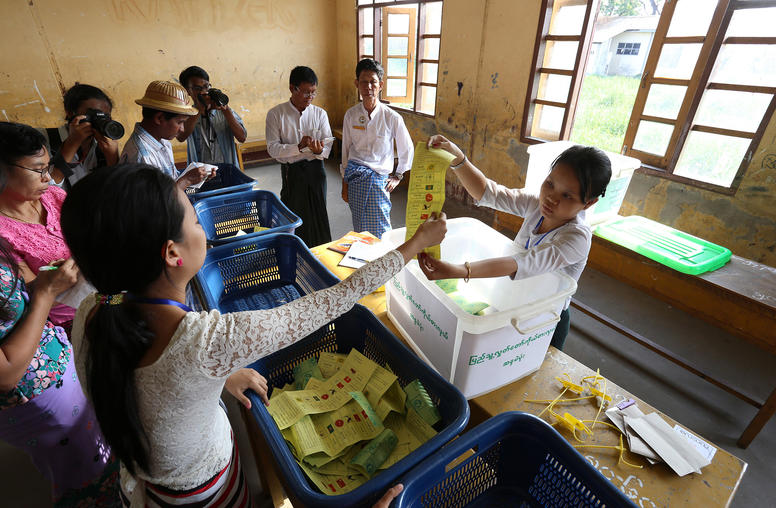
Myanmar’s 2020 Elections and Conflict Dynamics
In late 2020, Myanmar will hold a general election for more than a thousand seats in Union, state, and regional legislative bodies. The next year and a half will also see two high-level, conflict-laden processes capture domestic and international attention—the 21st Century Panglong peace conference and possible attempts to repatriate Rohingya refugees. This report evaluates the environment in which the peace process, Rohingya repatriation, and the election intersect and identifies opportunities for mitigating conflict in the run-up to the election.
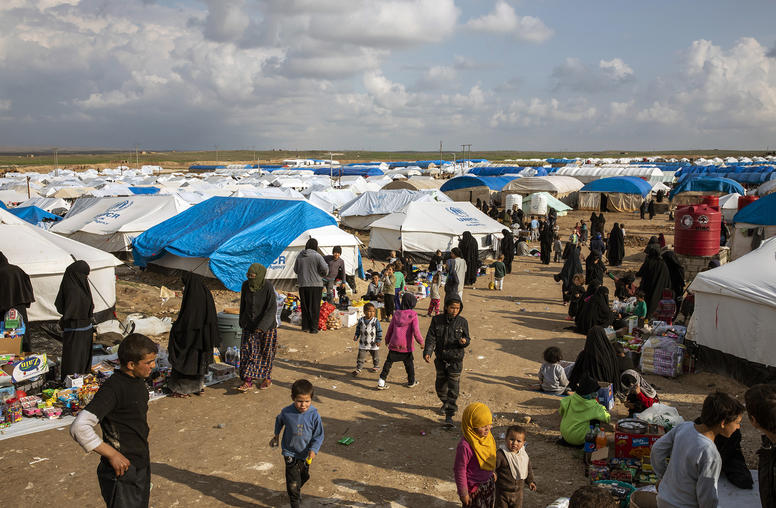
To Truly Defeat ISIS, Describe its Returnees as ‘People’
More than 100 countries, from Kosovo to Indonesia to Tunisia, face the security challenge of what to do with their citizens who traveled to join the so-called Islamic State. In dealing with perhaps tens of thousands of former ISIS participants—more than 9,000 in Syria’s Al Hol camp alone—simplistic solutions are at best inadequate and naïve, and at worst counterproductive and irresponsible. These include notions of indefinitely detaining or abandoning these populations in makeshift camps, or stripping their citizenship en masse. While many can be returned home to face trial, prosecution will be impossible for others. Thousands...
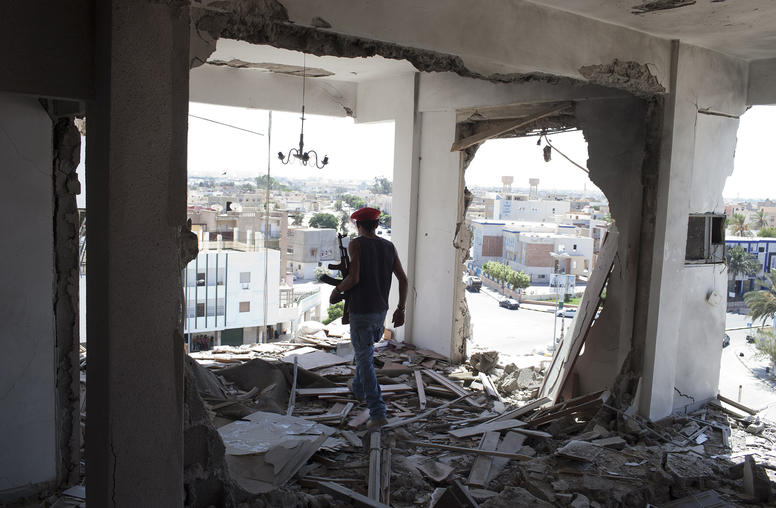
Q&A: Libya’s Sudden New Risk of War
Just as the United Nations was preparing to host a national conference in Libya this month to arrange for national elections to unify the country’s fractured governance, the faction that dominates the country’s east, the Libyan National Army, launched a military offensive last week on the capital, Tripoli. With the past week’s fighting, “the likelihood is greater than at any point since 2014 for destructive and bloody conflict” of an uncertain duration and outcome, according to Nate Wilson, who manages USIP programs in Libya. Wilson monitors Libya from neighboring Tunisia while working with Libyan officials, researchers on projects to inform international policymakers, and with local Libyan groups that work to reconcile disputes and build a foundation for national peacemaking. In response to questions, he discussed what’s at stake in the new fighting, and how the international community might respond.

Nancy Lindborg on Iraq Rebuilding After ISIS
Following her trip to Iraq, Nancy Lindborg discusses the country’s efforts to rebuild after ISIS. “They’ve [ISIS] been deprived of their territory … rebuilding is under way. But, there is very much a sense that the ISIS ideology is alive and well and there are a lot of concerns overall about security,” says Lindborg. “There has been important progress, but it’s very precarious and completely reversible.”
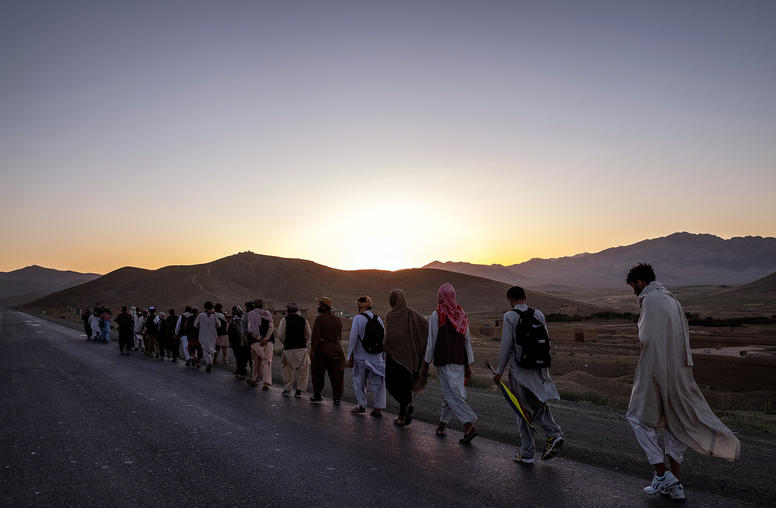
The State of Play in U.S.-Taliban Talks and the Afghan Peace Process
The latest round of U.S.-Taliban talks concluded on March 12, with both sides noting progress but conceding that no breakthroughs had been made. After two weeks of discussions in Doha, Qatar, American officials said they were close to reaching a final agreement on a potential U.S. troop withdrawal and a Taliban pledge to no longer allow terrorist attacks from Afghanistan. But how far can these talks go without the Afghan government involved? Is Afghanistan’s post-2001 progress in jeopardy? And what do regional actors think about the talks? USIP’s Johnny Walsh examines the state of play in the Afghan peace process.
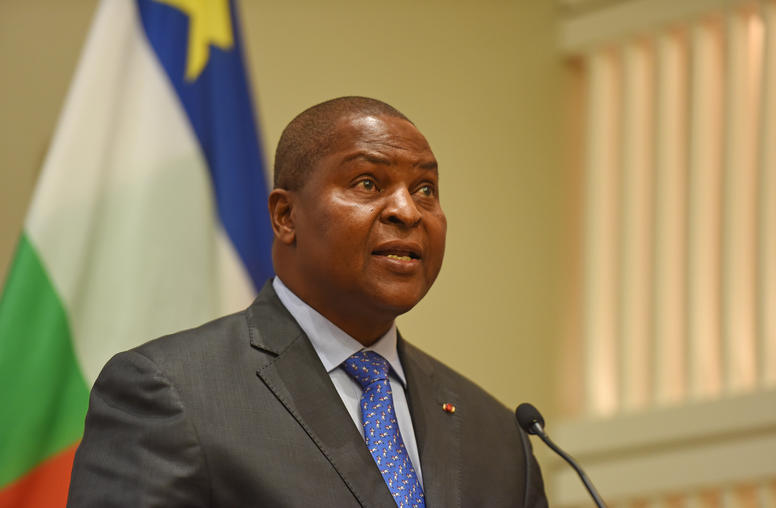
Central African Republic President on ‘Path to Peace’
The Central African Republic’s president, Faustin-Archange Touadéra, came to Washington this week seeking to bolster U.S. support for a peace deal with internal armed groups, saying steady international assistance will be needed to rebuild the state and end years of metastasizing violence.